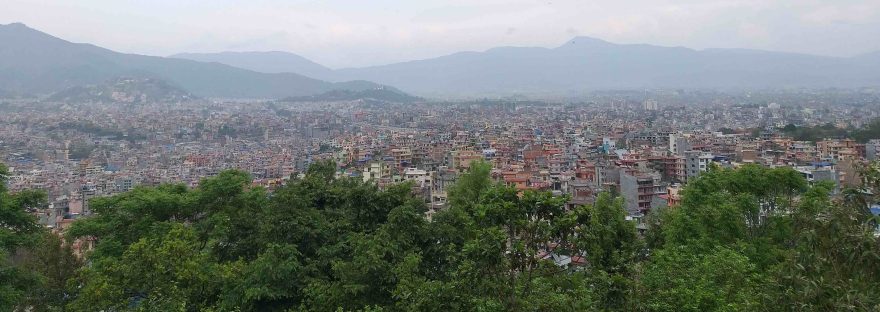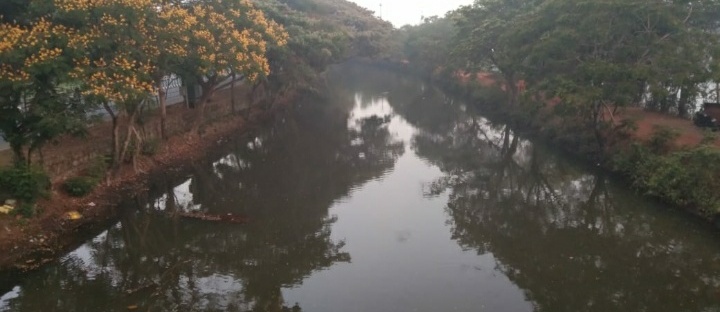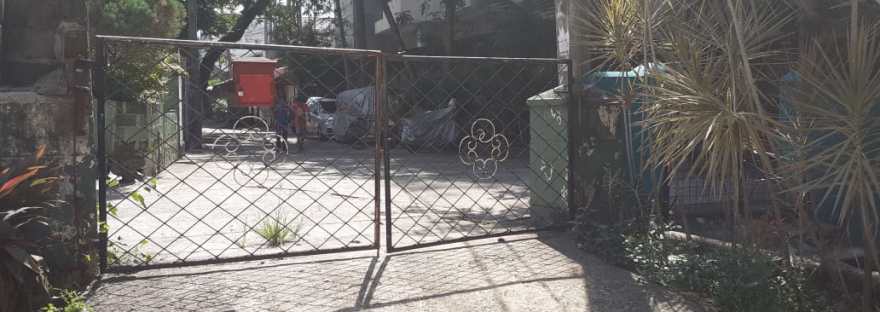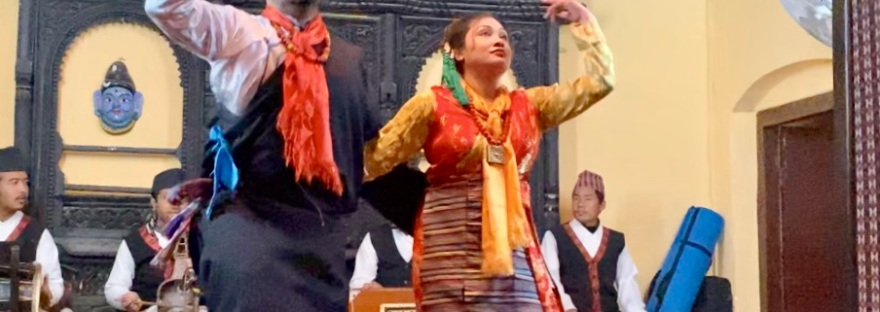COVID-19 alters everyday life; people across the globe are in confinement. This has also implications for waste practices at the household level and beyond. This blog post depicts the observations of waste researchers in Asia, Africa, Europe and Latin America.
Letters during COVID-19: Status update from Kathmandu (Part 4)
Our series 'Letters during COVID-19 is an exchange of thoughts, a collection of digital letters exchanged among colleagues in lockdown and their thoughts about research and field work – from afar and within'. Our first letter in this exchange is from Pia in Europe.
Letters during COVID-19: Status update from Kozhikode (Part 3)
Our series 'Letters during COVID-19 is an exchange of thoughts, a collection of digital letters exchanged among colleagues in lockdown and their thoughts about research and field work – from afar and within'. Our first letter in this exchange is from Pia in Europe.
Letters during COVID-19: Status update from Colombo, Sri Lanka (Part 2)
Our series 'Letters during COVID-19 is an exchange of thoughts, a collection of digital letters exchanged among colleagues in lockdown and their thoughts about research and field work – from afar and within'.
Letters during COVID-19: Greetings from Europe! (Part 1)
Our series 'Letters during COVID-19 is an exchange of thoughts, a collection of digital letters exchanged among colleagues in lockdown and their thoughts about research and field work – from afar and within'. Our first letter in this exchange is from Pia in Europe.
Case Study: From 280,000 cubic metres of waste to leisure and children’s parks for the Kadapa communities
Kadapa is the administrative centre of the district and has a population of 2 million. For the past 55 years, the Kadapa Municipal Corporation has been dumping municipal solid waste at the local which is spread in an area of 4.2 Hectares holding about 280,000 cubic metres of waste and this has created increasing environmental problems to the locality. Now, the dumpsite has been converted to leisure and children's parks for the local communities. The overarching environmental problems in that area have been solved and the atmosphere is now healthy. This can be taken as a model project in India.
A young Sri Lankan Researcher’s visit to the Kirtipur Municipal Waste Management Centre, Nepal
As a researcher and a foreigner, certain waste management practices at Kirtipur Municipal Waste Management Centre in Nepal, and characteristics of their waste collection were useful for me especially when realising the how efficient and effective our local waste management process would be, if applied to Sri Lanka.
Untrodden ways
Waste mountains expand daily as consumerism increases and its bi-products accumulate in open dumping sites. Though catastrophes like collapsing garbage sites have occurred in recent times, the signals they convey often go unnoticed or are addressed only with a temporary solution.
Transformation from waste worker to self-employed
Kumari Thami was only 20 years old when she first came to live in Kathmandu. Originally belonging to Sundrawati of Dolakha district, Thami who is now 32 years old lives with her husband and two children. Today, she is the Vice President at the SaSaJa Cooperative - the only cooperative run entirely by and for the waste workers in Nepal - and a self-employed business owner who has setup her own shop in the empty shutter space in where she lived on rent.
The secret ingredient of flourishing research partnerships: quality time and a night out!
After highly professional, efficient and successful working days, the r4d team went out to enjoy a team dinner in a Newari restaurant that during the food courses performs local and traditional dances on a stage. During the performances, the stage invites the audience to become performers themselves.










